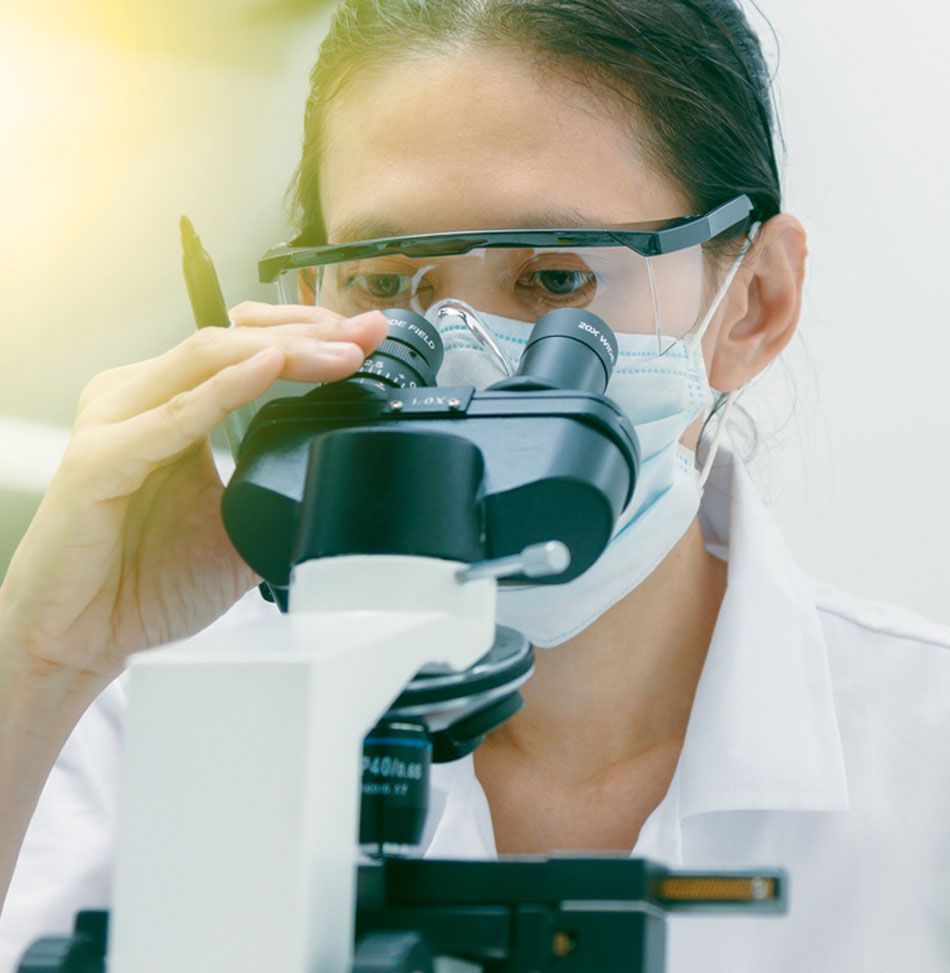Globally, more than 500 million individuals, or about one in ten general populations, have some form of Chronic Kidney Disease (CKD). CKD means a condition that damages one’s kidneys by decreasing the ability to keep one healthy by doing their functions.
Are your Kidneys OK?
Globally, more than 500 million individuals, or about one in ten general populations, have some form of Chronic Kidney Disease (CKD). CKD means a condition that damages one’s kidneys by decreasing the ability to keep one healthy by doing their functions.
Kidney is very important in filtrating body fluids for excretion. It’s also produces certain essential hormones such as erythroprotein which stimulate the bone marrow to produce red blood cells. Blood pressure regulator hormone, renin is also produced by kidney. Once the kidney cannot filter our body fluid, a protein call albumin can be found in our urine, a condition called “protein leak” and may lead to complications such as high blood pressure, anaemia, heart and blood vessel disease.
The most common causes of CKD are patients with diabetes, high blood pressure, glomerulonephritis (inflammatory diseases of the kidney), infections, kidney stone disease and others.
Kidney diseases are often silent. Many people are unaware that their kidneys are damaged until they have done a medical examination. These are some of the signs and symptoms, depending on the type of kidney disease:
- Discomfort or burning sensation when passing urine
- Passing blood in the urine
- A change in the frequency of urination
- Back pain (loin)
- Frequent urination especially during the night
- Swelling of the ankles
- Persistent puffiness around the eyes, particularly in the morning.
If you are diabetic, having high blood pressure, smokers, obese or over 50 years of age, you are advice to go for screening. Simple laboratory tests can be done on small samples of blood and urine to assess kidney function and protein excretion in urine. Coupled with these, you are also advice to monitor your glucose and cholesterol level as it might closely relate to your present health status.
Advanced technology in Renal Function Test shows that the use of Cystatin C as a measurement of kidney function from blood could lead to better staging and risk classification of CKD. It will allow targeted management of the condition for better and safer prescribing of medications. Cystatin C, a new kidney function marker is FDA-approved for diagnostic use. Now, it is becoming more widely available and in some settings provides improved estimates of kidney function.
Kidney Disease is a silent killer! Signs and symptoms occur late in kidney disease. Screening tests are vital, especially if you are at high risk. The progression of kidney disease can be slowed or stopped if detected earlier.
(Source: National Kidney Foundation & Med. J. Malaysia, Vol. 66)



